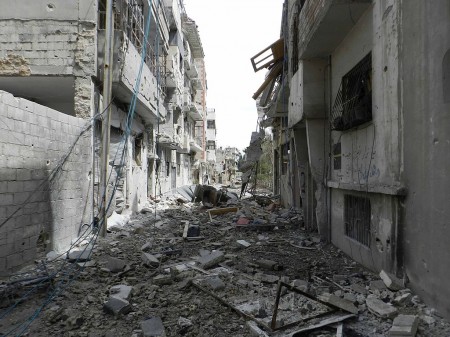
This article was originally published by IPI Global Observatory on 23 February 2016.
Last summer, the situation in the war-torn Syrian republic pointed towards entrenched fragmentation of the state. Different parties—including President Bashar al-Assad—controlled parts of the country, and neither seemed strong enough for military victory or significant advancements. Russia began air support to the Syrian Army to fight what they labeled terrorists last September, in hopes of tipping the scales.
Now in its fifth year, the war in Syria is particularly complex. What started as (and still is, to some degree) an uprising against a dictatorship has also developed into a sectarian battle between Syria’s Sunni majority and the Shia-Alawite minority; between moderate and extremist Sunnis; between the regime and the Kurdish pursuit for independence; and between regional interests where Sunni Turkey and Saudi Arabia are fighting for influence against Shia Iran by using the Syria war as a proxy. It is also providing the theater for a geopolitical challenge from Russia against the USA.
